

2018-01-03 08:38:00 Wed ET
technology social safety nets education infrastructure health insurance health care medical care medication vaccine social security pension deposit insurance
President Trump targets Amazon in his call for U.S. Postal Service to charge high delivery prices on the ecommerce giant. Trump picks another fight with an online retail giant that he has criticized during the presidential campaign. Now U.S.P.S. runs a substantial net loss and serves as an independent agency within the federal government with minimal tax dollars for operating expenses. Package delivery has become an increasingly important part of U.S.P.S. business because the Internet has led to a sharp decline in the amount of first-class letters.
U.S.P.S. delivers 60%+ of Amazon packages with about 4 million parcels per day during the current peak year-end holiday shipping season. Amazon's other major carriers are UPS and FedEx that collectively account for about 30% of Amazon parcels. Both UPS and FedEx have long voiced their key concerns and complaints about U.S.P.S. cost structure. In fact, U.S.P.S. deficit has ballooned to about $62 billion, and this situation cannot sustain in the long run. If the Trump administration induces U.S.P.S. to charge more on Amazon packages, the ecommerce giant may pass higher costs onto key American consumers and small businesses. Worldwide delivery operations may become too expensive to the detriment of consumers. The status quo remains a time-worn impasse between ecommerce and postal service.
If any of our AYA Analytica financial health memos (FHM), blog posts, ebooks, newsletters, and notifications etc, or any other form of online content curation, involves potential copyright concerns, please feel free to contact us at service@ayafintech.network so that we can remove relevant content in response to any such request within a reasonable time frame.
2019-09-23 12:25:00 Monday ET
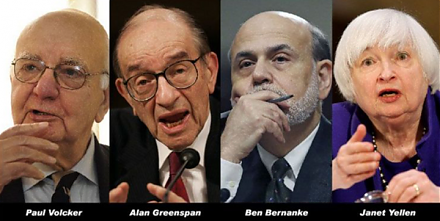
Volcker, Greenspan, Bernanke, and Yellen contribute to a Wall Street Journal op-ed on monetary policy independence. These former Federal Reserve chiefs unit
2022-03-05 09:27:00 Saturday ET

Addendum on empirical tests of multi-factor models for asset return prediction Fama and French (2015) propose an empirical five-factor asset pricing mode
2023-08-31 10:22:00 Thursday ET
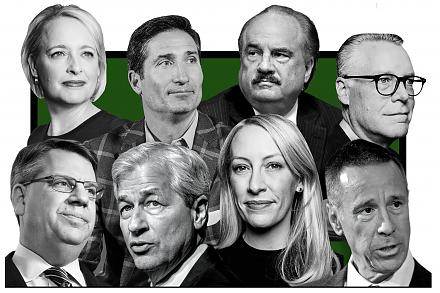
Government intervention remains a major influence over global trade, finance, and technology. Nowadays, many governments tend to eschew common ownership
2019-10-31 13:38:00 Thursday ET
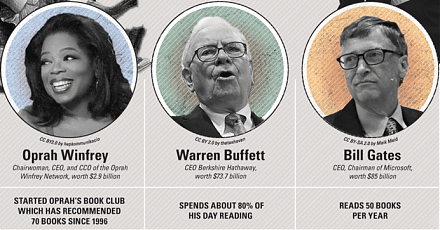
AYA Analytica finbuzz podcast channel on YouTube October 2019 In this podcast, we discuss several topical issues as of October 2019: (1)
2019-02-15 11:33:00 Friday ET
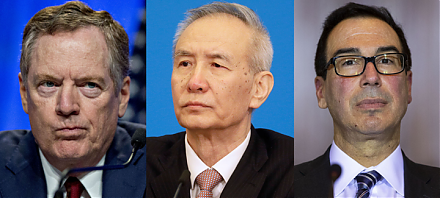
President Trump is open to extending the March 2019 deadline for raising tariffs on Chinese imports if both sides are close to mutual agreement. These bilat
2019-03-17 14:35:00 Sunday ET
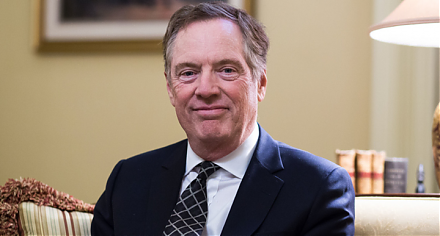
U.S. trade rep Robert Lighthizer proposes America to require regular touchpoints to ensure Sino-U.S. trade deal enforcement. America has to maintain the thr